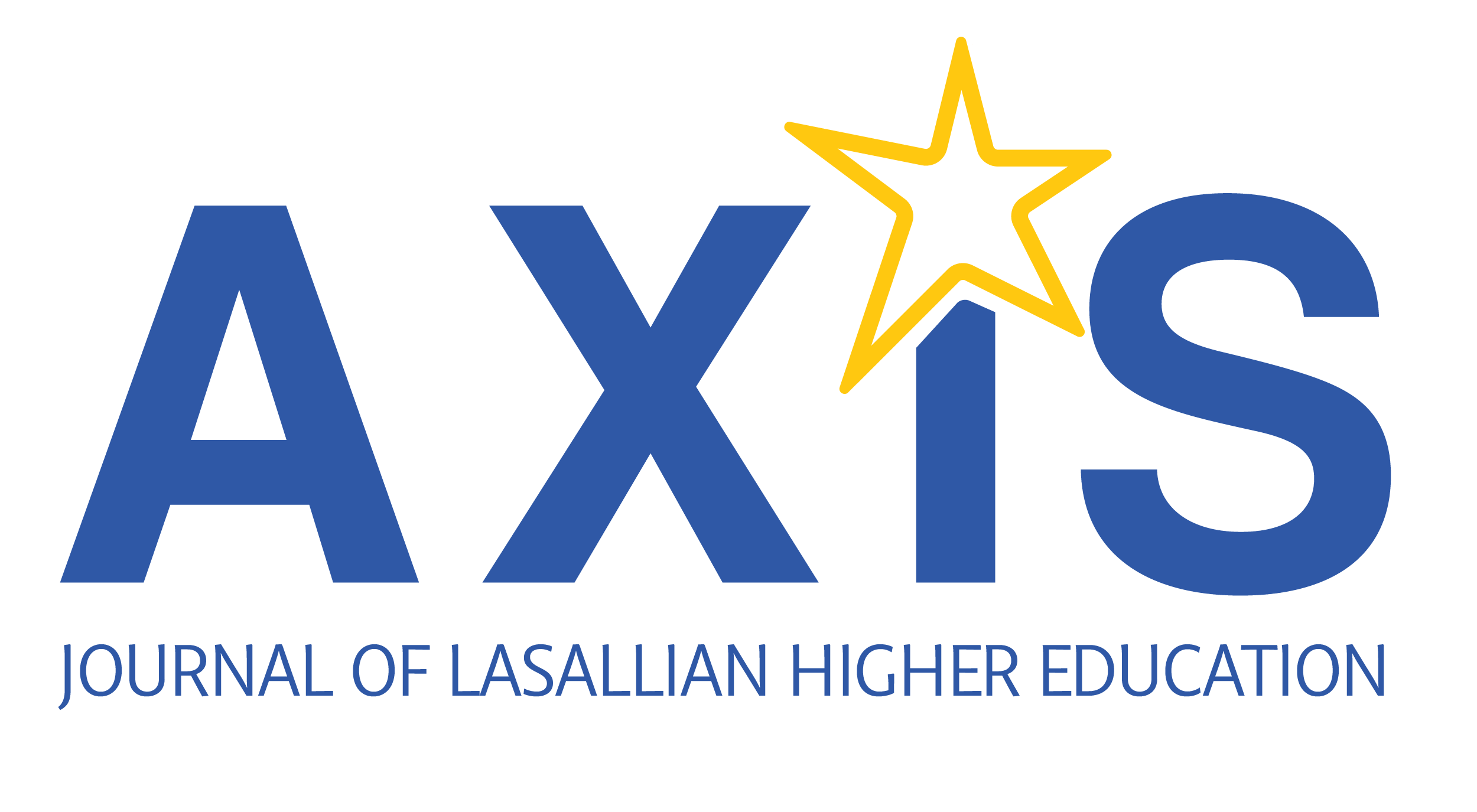Antar Salim
Abstract
For nearly 400 years, the construct of race has plagued the globe. W.E.B Dubois famously avowed the problem of the 20th century is the problem of the color line. His admonishment highlights the author’s belief that in the presence of racism, society’s capacity to promote human flourishing is hobbled. The chasm in human flourishing is illustrated in a few of the following statistics. Black Americans are statistically incarcerated in disproportionate numbers (Alexander, 2010). The average White American family has nearly 13 times the amount of wealth as compared to the average Black American family (Oluo, 2018). The college graduation rate for Black students is 40%, while their White colleagues graduate at 64% (NCES, 2019). Sadly, the list of other common metrics to measure human flourishing reveals very similar outcomes.
There have been many attempts to assuage the deleterious nature of racism, ranging from the fourteenth amendment to the Civil Rights Act of 1964. As a result of these various initiatives, some will assert we live in a post-racial society. Others, including the author, are less optimistic as society continues to wrestle with the remnants of racism. Unfortunately, higher education is not immune to the vestigial racial attitudes sewed into the nation’s fabric. Although higher education purports to be a brave place for young people to exchange ideas, interact with diverse perspectives and engage in the development of human flourishing, racism and hegemony remain a trammel in the process. The aim of this article is to present a Professional Development (PD) program geared to equip faculty, staff and administration with the language and tools to address systemic racism.
Keywords
race, professional development, higher education, virtues
About the Author
Antar Salim has a BS in Chemical Engineering from the University of Michigan. After completing his undergraduate degree, he worked for Lincoln Electric as a technical sales representative. During his career with Lincoln, he completed his MBA from Southern Illinois University – Edwardsville (SIUE). With a penchant for teaching, he joined Dakota County Technical College (DCTC) as an adjunct instructor and customized sales representative. After four years with DCTC, Antar served as an instructor for a number of local colleges and university while pursuing his DBA from Argosy University. Soon after successfully defending his dissertation, he found a home at Saint Mary’s University of Minnesota. His research interest includes: (a) behavioral economics, (b) emotional intelligence, and (c) race relations.

